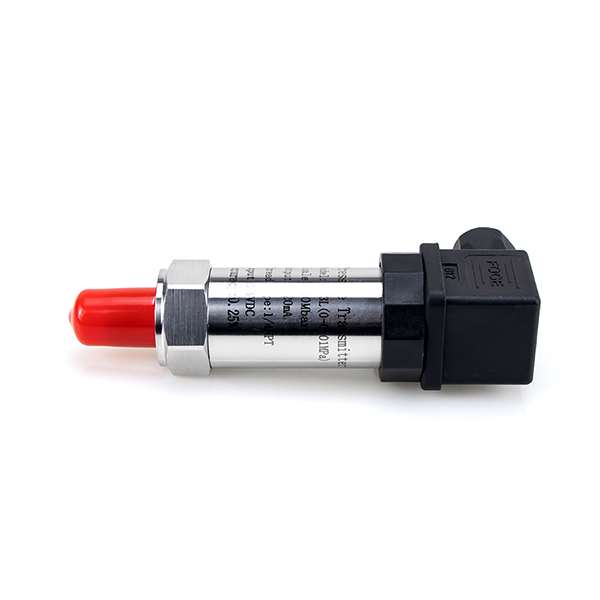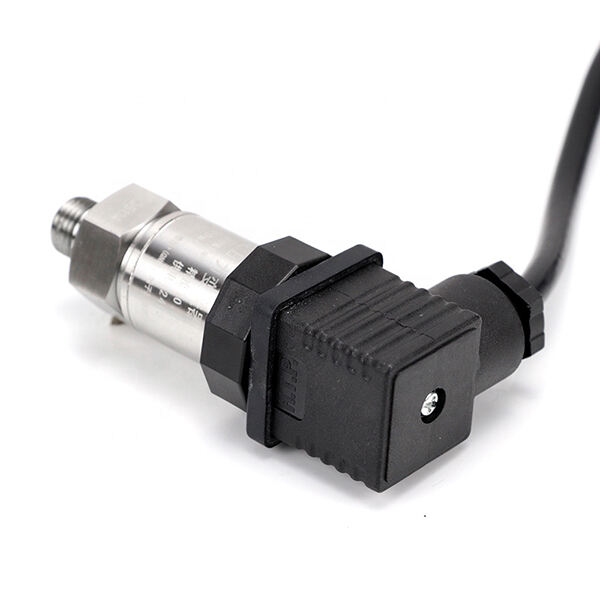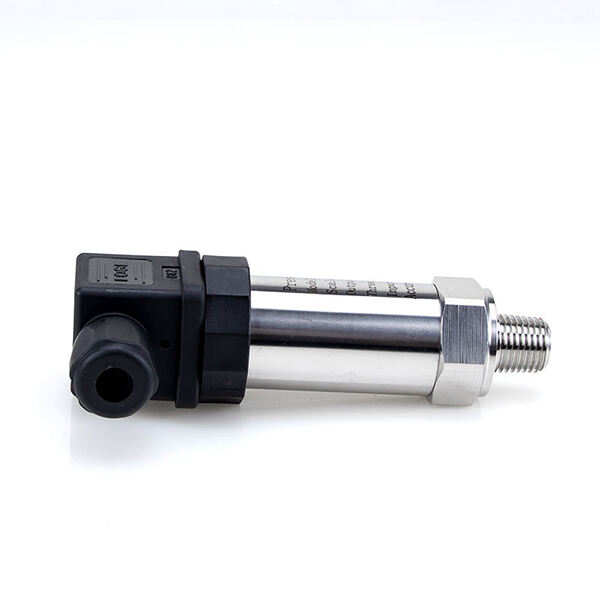Load cell from SOP is necessary to weigh things accurately. They are versatile and easily measure weight accurately, so they have numerous uses. They could inform us about forces: pushing, pulling, and bending. A component known as the sensor in the load cell converts push or pull to something we can measure. Strain gauges inside the load cell sense these very small resistance changes when things get pushed or pulled to measure the force. As weight is applied to the load cell, it compresses and stretches the strain gauges (causing changes in how electricity flows).
Common examples Healthcare: Scales in Hospitals and Clinics. For example, weight is one standard key measure - of heavy vehicles or car parts. Aerospace -Weighing of Airplanes, Helicopters, and Spacecraft. Food Sector: Weighing food constituents and products. Powders, Liquids and Granules: Weigh in Chemicals. Description of weigh cells from SOP : Construction: Testing the capacity of bridges in terms of how much weight they can carry. Farming: weighing animals, farm products, and materials. Retail: Weighing Produce, Veggies and Meats in Supermarkets. ScapeGoatMine- Whether Mining equipment is working well. Nautical: Cargo and Ship Parts Weighted.

Various sensors can measure weight in different ways, like the pressure sensor from SOP. Some use pressure. Some rely on force or changes in electrical charge. These are the best for very accurate measurements from Strain gauge load cells. They keep a straight line between different readings regarding weight changes. These things can withstand different kinds of loads and changes in variable conditions.

Accuracy is essential, and Strain gauge load cells and load cell sensors from SOP must be no exception. They run on regular checks. How to Set Up and Manage Your Reputation Manager. Obtain instruments necessary for load cell calibration. Adjust the load cell for each weight being measured. Holding that weight in your hand should feel perfect for the right amount of lazing. When no weight is on, it makes the load cell read 0. After performing these steps, do it with other weights. Complete back-testing to ensure the load cell is showing weight correctly. Maintain a clean shear beam load cell and inspect it regularly to monitor necessary repairs.

Our company accredited through CE, RoHS, ISO9001 as well other certifications. Before shipment, we examine each product. Additionally, SOP has professional engineers after-sales assistance to resolve strain gauge load cell and other issues.
Our main products comprise various kinds of sensors, such as linear displacement sensor, draw wire sensor, load cell, LVDT sensor torque sensor, pressure sensor, magneto sensor more. We provide OEM/ODM services accordance with strain gauge load cell of the customer.
Customers strain gauge load cell from variety of transport options. We provide safe packaging speedy delivery all our stock items. You will receive tracking details following the delivery your goods.
SOP has over 20 years manufacturing experience worked with over five thousand global clients. SOP is reputable manufacturer high-tech enterprise engaged in research, development manufacturing, sales and service of various types of strain gauge load cell.